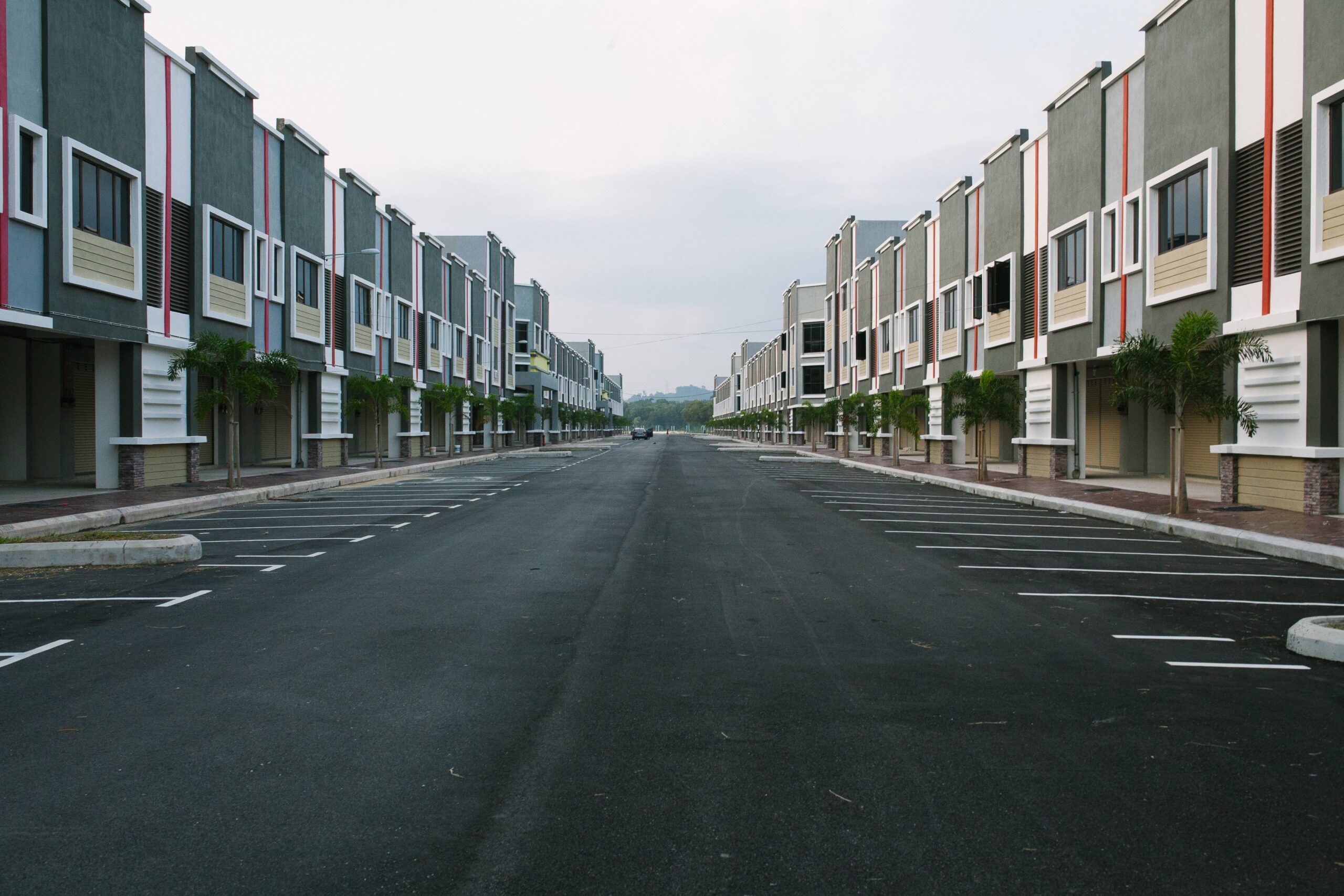- Have any questions?
- (850) 713-4866
- info@shorefront-investments.com
Property Tax in the US: What You Need to Know

Must-Know Holiday Real Estate Market Trends
February 9, 2023
Real Estate Jokes That Can Help Sell Your Home Fast
February 23, 2023Property taxes are an important part of the economics of real estate. Paying them comes with becoming a home or property owner as they’re a source of revenue to local governments, allowing them to finance projects that benefit the larger community.
One important point of clarification is that property tax is different from real estate tax. Real estate taxes are taxes on real property only, while property taxes can include both real property and tangible personal properties. Here’s more information you might be interested to know about property taxes in the US.
What is property tax?
Simply put, property tax is tax paid on any property owned by an individual or other legal entity, such as a corporation. Different states across the country have set different property tax rates. The amount of property tax paid also varies from one property owner to another because the calculation is based on the value of the property.
Property tax can also be calculated based on the utilization of land or site value, capital improved value, and even rental value. According to the US Census Bureau, an average American spends $2,741 on property tax each year. Data shows that in 2020, the average single-family home in the US had $3,719 in property taxes, for an effective rate of 1.1%. The country raised $23 billion in property taxes alone in 2020.
Why do I have to pay property taxes?
Whether you choose to live on the East or West coast, no state in the US doesn’t require a property tax since, as mentioned, it is a significant contributor to overall state income. Property tax funds are being utilized to maintain essential government services like police and fire departments, infrastructure, education, public parks, as well as water and sewer service improvements.
Therefore, on the economic scale of things, property taxes serve as the financial backbone of a community since they are the main source of funding for the community to be livable and operate based on their functions. As of 2019, New Hampshire was the most reliant on property tax revenue, accounting for 36% of its combined state and local general revenues. New Jersey, Maine, and Connecticut follow suit.
How are property taxes paid?
You can pay property tax as a part of your monthly mortgage or directly into your local tax office. To compute your actual property tax rate, divide the annual property tax paid by the property’s assessed value and multiply it by 100.
If you’re a homeowner, it’s crucial for you to have a property assessment first to determine the value of the property since tax collectors base the tax required on the annual market value of your property. Most of the states in the US require redeterminations of value periodically, which is also why the assessment is essential.
What happens if I don’t pay my property tax?
It’s safe to assume that you will run into some trouble if you don’t pay your property tax. Taxing authorities could sell your home to compensate for your debt. In some cases, your mortgage lender will shoulder all that tax costs and then bill you. The mortgage lender then has the power to foreclose your home if you cannot reimburse the property tax payments.
If you don’t pay property taxes on time, you will start to accrue interest and penalties on the outstanding amount. For newly acquired homes, the first three months of property tax are paid in advance upon closing the sale.
What are property tax rates in the US?
If you are planning on moving to a new state or purchasing a new home, you might want to consider Hawaii since homeowners on the island only pay an average of 0.3% of the tax rate, with an effective property tax rate of 1.1% on home value. It is worth noting that Hawaii’s property values are higher compared to other states.
In Florida, the average real property tax rate is 0.98%, lower than the country’s average of 1.08%. Homeowners in Florida shell out about $1,752 annually on property taxes, which could either go higher or lower depending on counties.
The highest property tax imposed in the country lands in New Jersey, with a whopping 2.21%. The cost of government is also high in the state, with about 600 school districts spread across 21 counties.
Are You Selling or Buying a Home?
If you’re selling a home and would like to close a deal as soon as you can, you can reach out to real estate investors like Shorefront Investments for a quick cash offer. They close deals within one to two weeks, and don’t require commission fees, or any other charges. They buy homes as they are, without the need for repairs, refurbishments, or upgrades.
And if you’re interested to learn more, you just need to fill out a form or call them any time at (850) 713-4866, and they’ll schedule a viewing to assess your property’s value. After that, they’ll send you a no-obligation offer, which you can think through for as long as you need to. In case you choose to accept, Shorefront Investments will handle everything on your behalf, including the transfer of title, property tax assessments, and other required documents.
On the other hand, if you’re on the other side of the coin looking to buy a property, you can browse through their high-equity properties for sale, which you can sort based on your purchasing budget, location, and preferred home style.
The Bottomline
Property taxes do more than just take a portion of your monthly income or savings. The government utilizes it for a conducive learning environment for your kids in school, for your access to well-built roads, access to clean and potable water, as well as for law enforcement to keep the entire community safe.
It’s important to understand that paying lower property taxes does not necessarily mean lower state tax collections overall. Local governments must satisfy their financial obligations so other tax rates for some might be higher.




